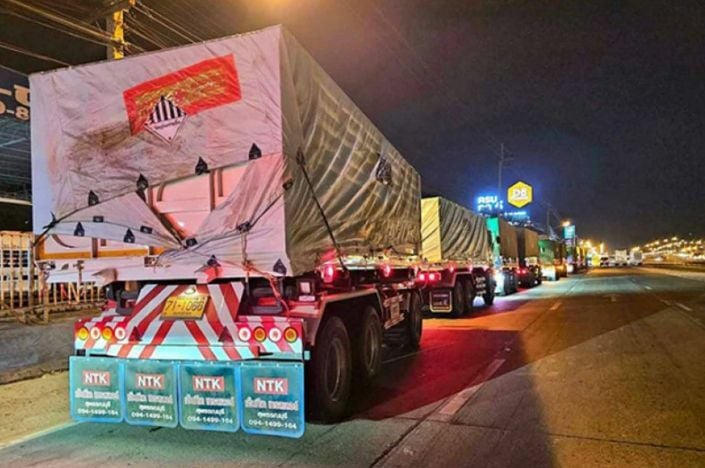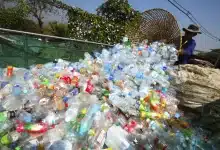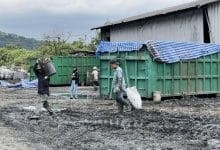81% of hazardous cadmium waste returned to Tak province

Nearly 81% of mishandled hazardous cadmium waste, totalling approximately 13,000 tonnes, has been returned to its source in Tak province, with the remaining waste in Samut Sakhon and Chon Buri provinces awaiting transport.
The Ministry of Industry reported today that 10,507 tonnes of tailings had been delivered to Bound and Beyond Plc in Tak, accounting for 81% of the 12,948 tonnes controversially sold from its landfill in Muang district last year.
This returned waste includes 6,200 tonnes from J&B Metal, 1,013 tonnes from Cin Hong Cheng Inter Tech in the Mueang district of Samut Sakhon, and 142 tonnes from LLT Metal in the Bang Sue district of Bangkok.
The remaining 19% of the hazardous waste is yet to be transported from a factory in Ban Bung district in Chon Buri and a warehouse in Krathum Baen district of Samut Sakhon.
Permanent Secretary for Industry, Nattapol Rangsitpol, mentioned yesterday that 10 to 13 container trucks were being used daily to transport the tailings, with police vehicles escorting the convoys.
The tailings were first discovered in Samut Sakhon in early April, instead of being stored in a specially prepared landfill in Tak, raising serious health and safety concerns.
Bound and Beyond had initially sold the tailings to J&B Metal under a contract that required the latter to dispose of them. The contract terms did not permit reselling the waste, but the owner of J&B Metal admitted his intention to resell it to improve the company’s finances.
The waste will be relocated to a storage site owned by Bound and Beyond in Tak province, where it will be properly landfilled by September 30. Bound and Beyond, formerly known as Padaeng Industry Plc, was a zinc-mining business operator in Tak until 2016, after which it transitioned to the hotel industry, reported Bangkok Post.
Cadmium is widely used in the production of rechargeable batteries, pigments, metal coatings, and plastics. However, cadmium and its compounds are highly toxic and can cause severe damage to human tissues and organs if they enter the food chain. Because of this significant health risk, the disposal of cadmium is strictly regulated.
Latest Thailand News
Follow The Thaiger on Google News:


























